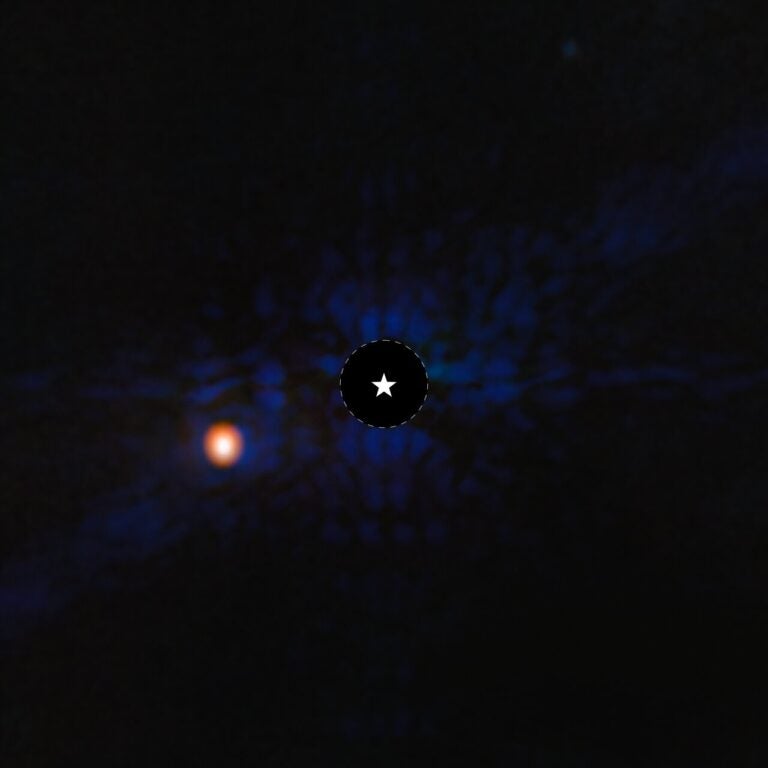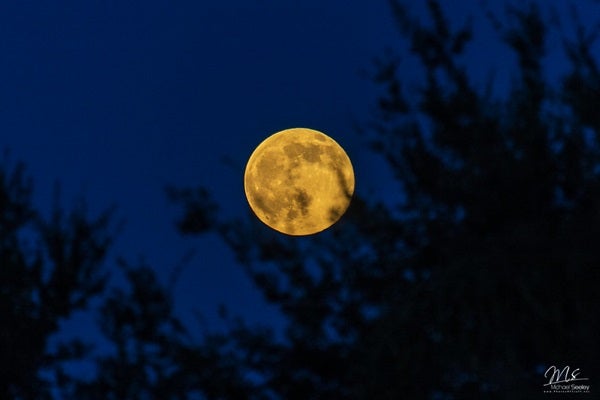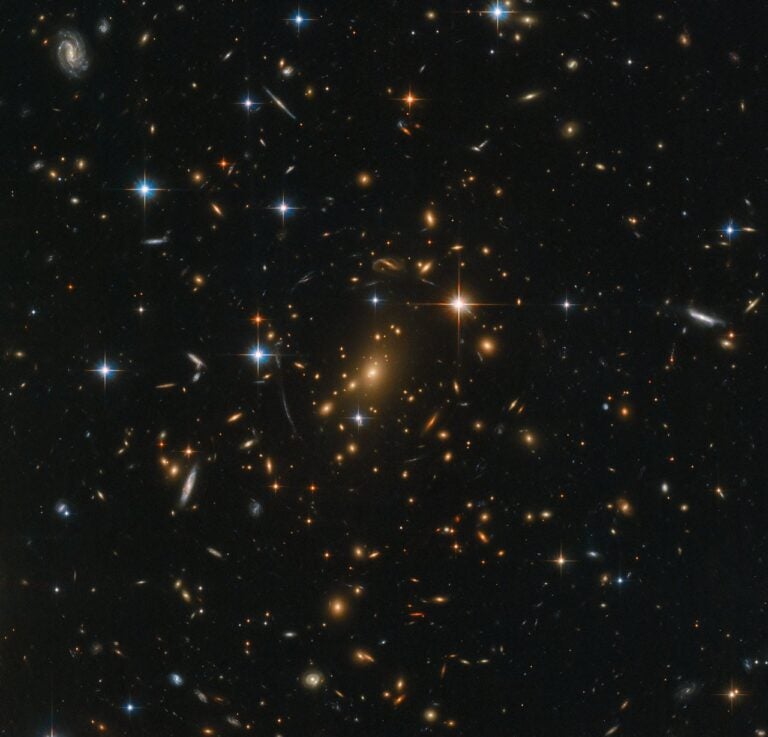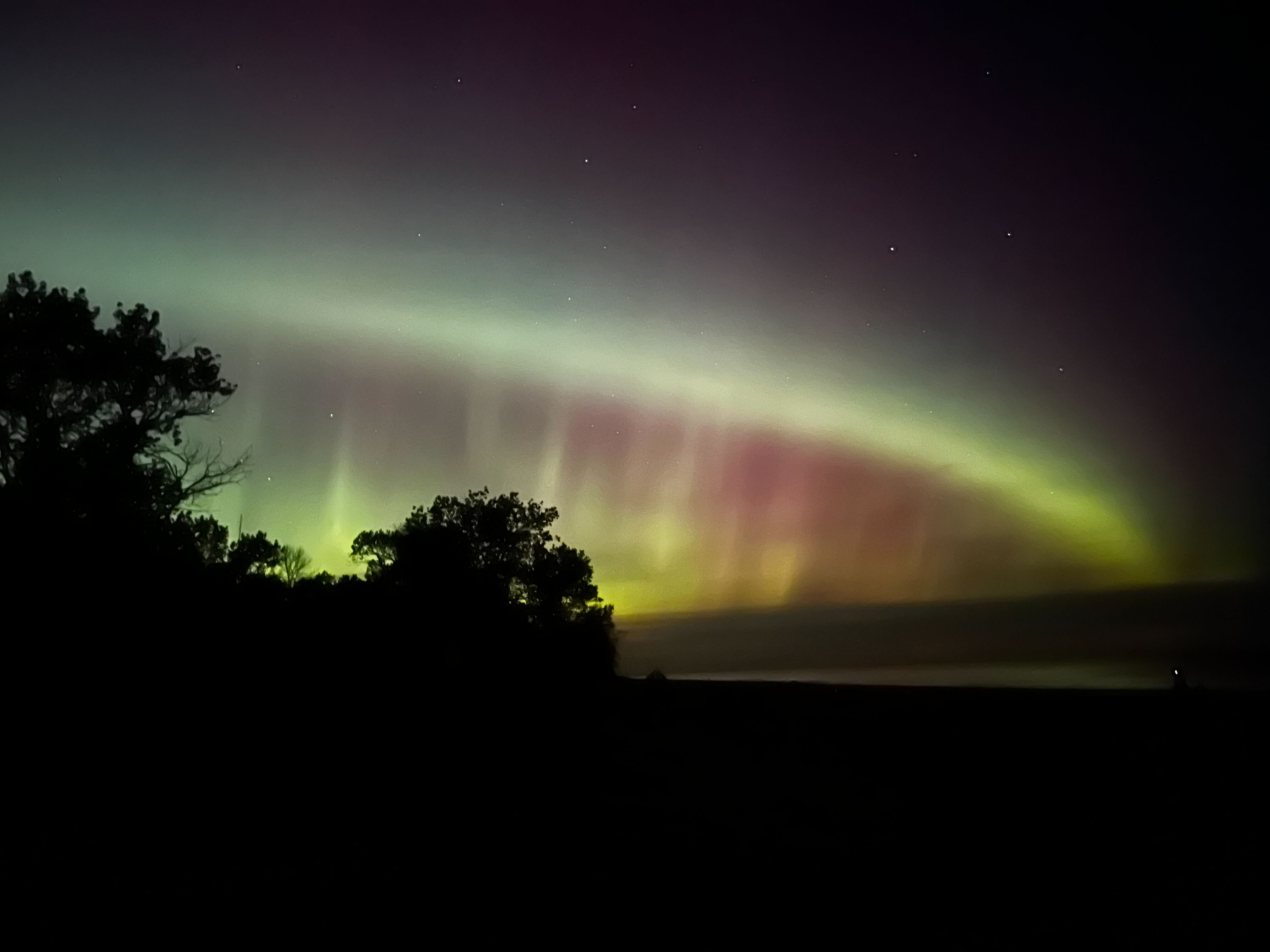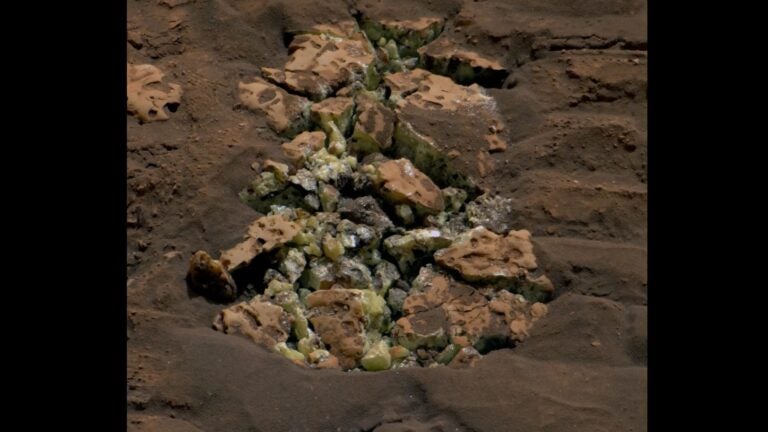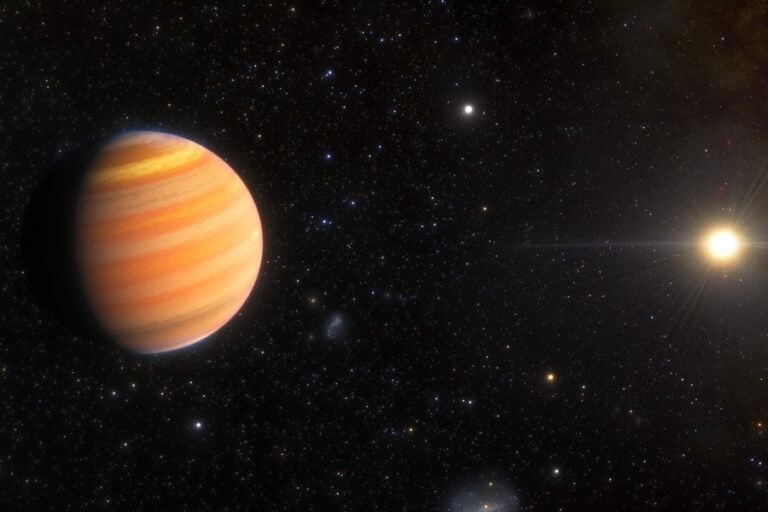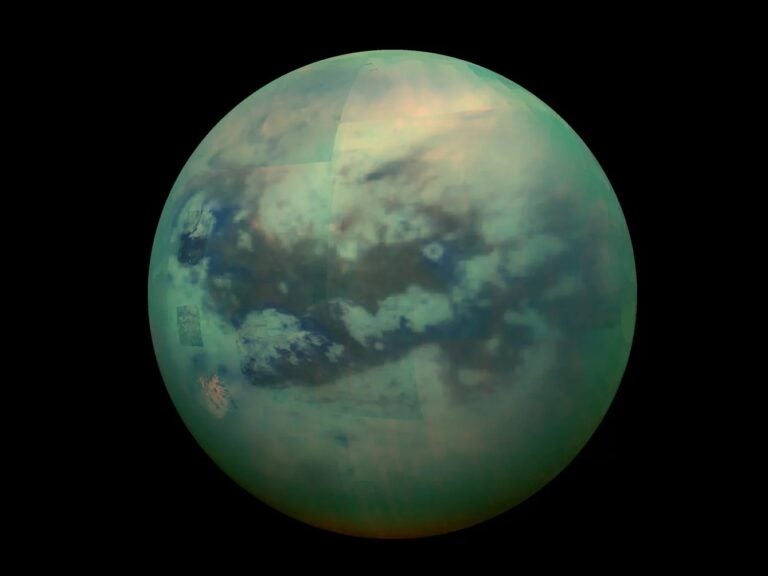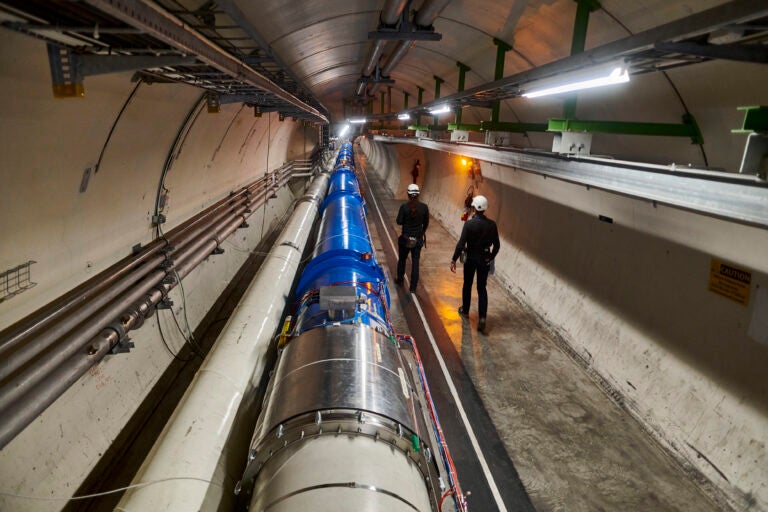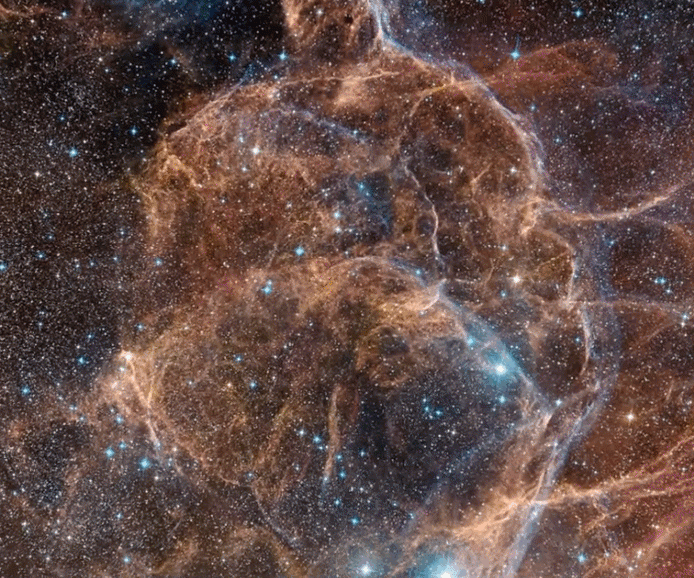
The Vela supernova exploded into a vast array of delicate filaments and veils of gas almost 11,000 years ago. Now, you can explore the glowing, gassy aftermath in a dazzling new portrait of the cosmic corpse. Scientists took the data for the image with the Dark Energy Camera (DECam), an instrument mounted to the Victor M. Blanco 4-meter Telescope in Chile. The telescope is operated by the National Science Foundation’s ground-based astronomy research institute, the National Optical-Infrared Astronomy Research Laboratory (NOIRLab).
At 1.3 gigapixels, the image is one of the largest ever created of this object. To put this in perspective, one gigapixel equals one billion pixels.
The Vela supernova
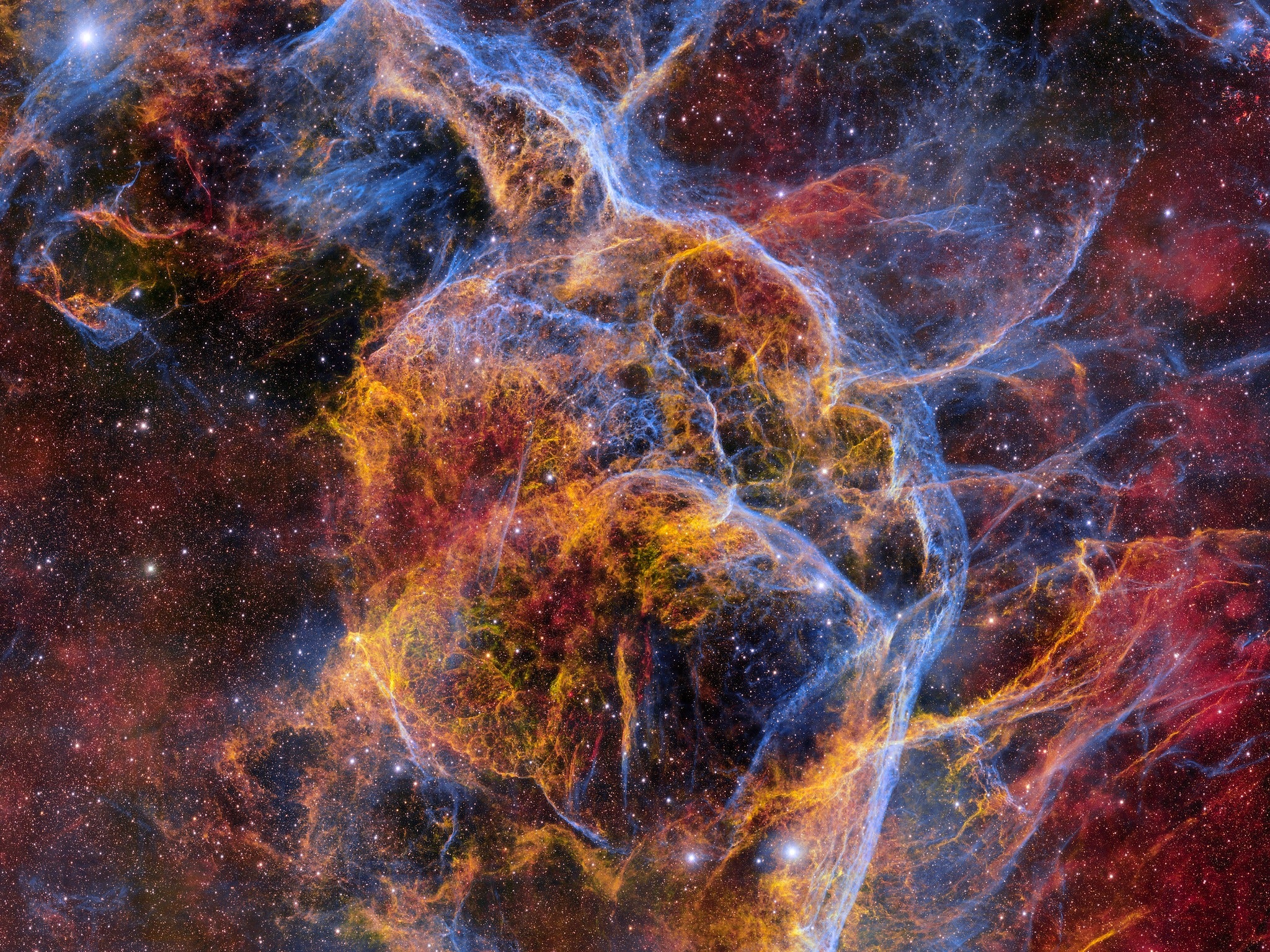
CTIO/NOIRLab/DOE/NSF/AURA Image Processing: T.A. Rector (University of Alaska Anchorage/NSF’s NOIRLab), M. Zamani & D. de Martin (NSF’s NOIRLab)
The image above was released March 12. You can read the full press release here. You can also go here to manually “zoom” around the image on NOIRLab’s web site.
Located about 800 light-years from Earth in the Vela constellation, the supernova remnant is one of the closest to us and spans nearly 100 light-years. The light that we see is emitted by gas heated by the shockwave from the supernova explosion. Per the NOIRLab release, “When the star exploded 11,000 years ago, its outer layers were violently stripped away and flung into the surrounding region, driving the shockwave that is still visible today.”
The DECam is one of the most powerful cameras on the planet. It was originally built to carry out the Dark Energy Survey, which captured light from hundreds of thousands of galaxies up to 8 billion light-years away. One image taken with DECam is about 570 megapixels.
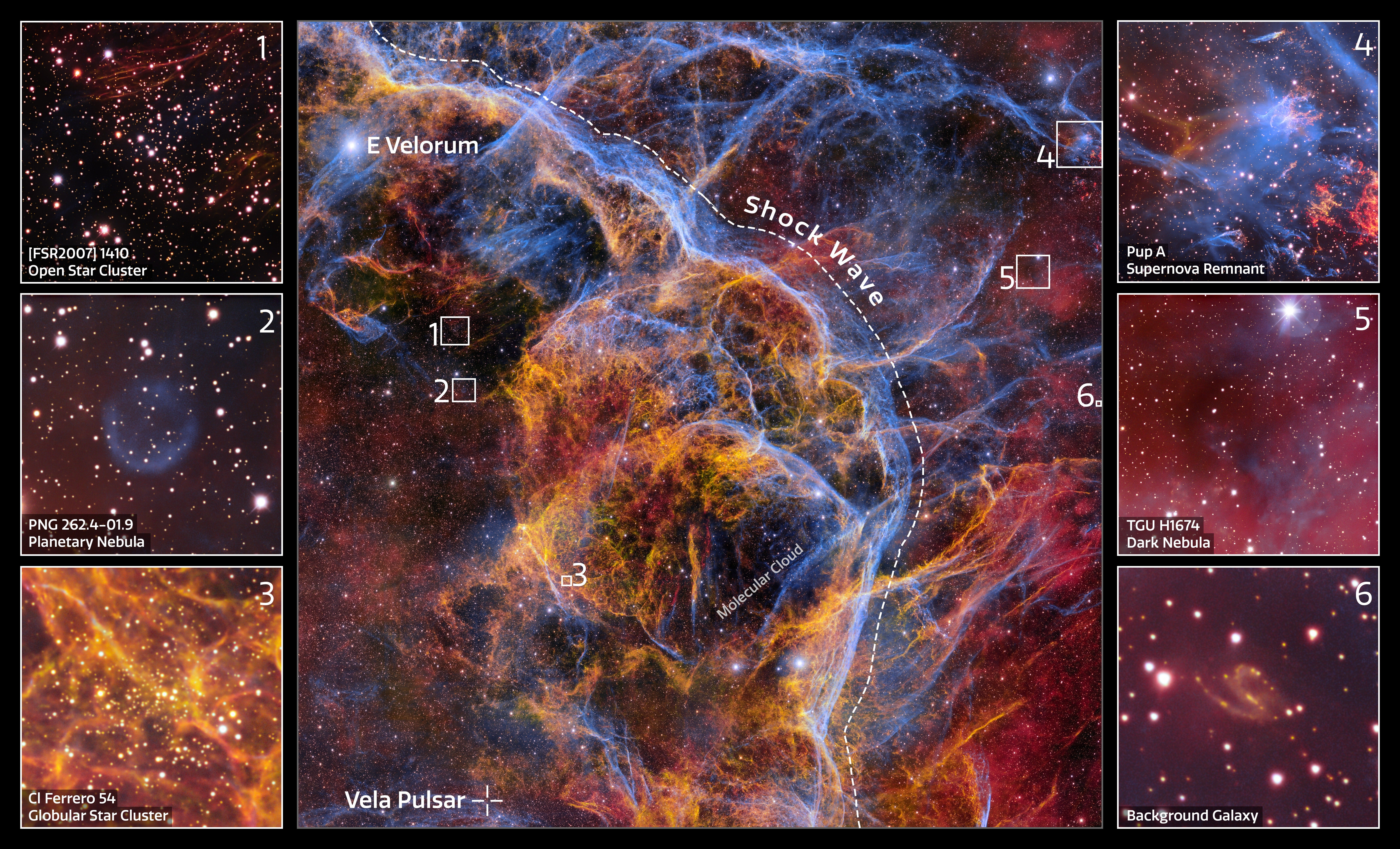
Image Processing: T.A. Rector (University of Alaska Anchorage/NSF’s NOIRLab), M. Zamani & D. de Martin (NSF’s NOIRLab)
Separate images were taken with different narrowband filters, each for observing light from different ionized elements. These images were later combined to create a false-color image.
Other features captured by DECam include the remnant’s neutron star, the Vela Pulsar. In addition to the pulsar, the image showcases open star clusters, planetary nebulas, and globular star clusters.

